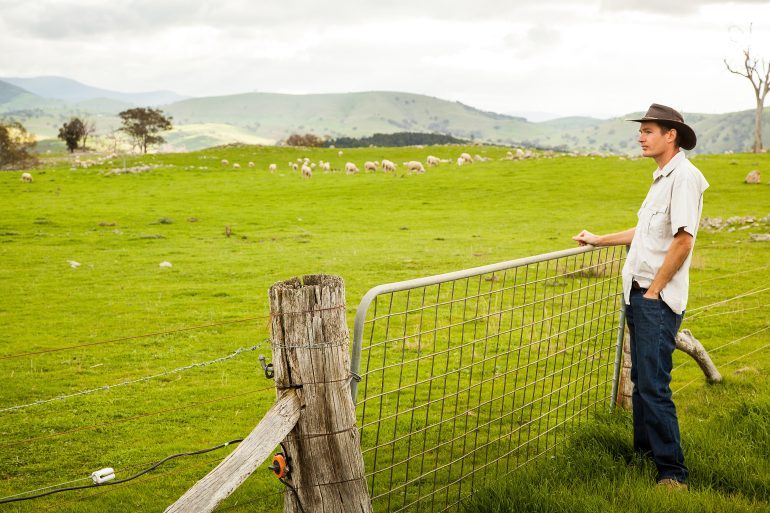Agriculture and food tech accelerator SparkLabs Cultiv8 has selected 10 new startups for its 4th cohort.
The global Sparklabs Group invests in early-stage companies and each startup will receive up to A$100,000 in seed funding.
This year’s group includes a CSIRO project using seaweed in livestock feed to reduce their methane production, a consumer app to help decision making, a company making honey without bees, and packaging technology to reduce single use plastic in the supply chain.
Partner Jonathon Quigley said they had applicants from across the planet and “the level of sophistication of these early-stage ag and food-tech startups, solving issues facing our food production systems was extraordinary”.
Program Director Graham Bougen said the overseas ventures keen to break into the Australian market.
“We are looking forward to getting their solutions in the hands of Australian growers and consumers as they have enormous potential to shift the dial in agriculture and sustainability here and abroad,” he said.
So far 50% of its investments have been in Australian startups. The total portfolio of 36 companies is now worth more than A$400 million and have raised more than A$100m from investors.
Here are the 10 startups, who’s present at a showcase in late October after completing the accelerator program.
Agriforte is tackling chemical resistance issues facing production systems across the globe. It’s a biopesticide that uses a lactic acid and probiotic bacterial species and reduces pests and removes pesticides using an organic, innovative and safe mechanism by forming a protective, invisible, and edible biofilm over the plant.
Dr Glitter Health is an Australian healthcare brand founded by China-based actress Augusta Xu-Holland and Melbourne-based entrepreneur Jade Diep. The core product uses a prebiotic soluble fibre to create a new category of health supplements that look like edible glitter, designed to be sprinkled on top of healthy foods and drinks.
Future Feed developed by industry leaders CSIRO, MLA and James Cook University (JCU), Future Feed is the global IP holder of Asparagopsis seaweed as a feed ration for use in reducing methane ruminant livestock, notably cattle.
Greener is an app that helps consumers find trusted green brands to buy and understand the impact of their purchases in simple terms and suggests greener alternatives for next time. “When you spend with a Greener brand, we remove all the emissions of the purchase at no cost to the user,” the company says.
Health Food Symmentry is restoring the human gut microbiome through patented technology using fibre that is derived from whole plant sugarcane with only the sugars removed. Kfibre is a natural, complex, raw un-purified prebiotic dietary fibre that contains active phytonutrients & antioxidants and that equals raw prebiotic power for all stages of life and diets.
Melibio is making real honey without bees, through a proprietary technology based on synthetic biology, precision fermentation, and plant science that replaces honeybees as a medium for honey production. The core technology has wide applications for the future of sustainable food.
Nano-Soils is using the latest in medical nano technology to improve the delivery of fertilisers and pesticides in agriculture. Initially targeting broadacre cropping, nano particle delivery has the potential to improve profitability and sustainability by reduce active ingredient required by a factor of 10x and reduce residues, a key industry target for any plant growth production system.
Salicrop tackles salinity, a major issue in many parts of the world, utilising a unique wet chemistry process that stimulates an ‘Epi-Genetic’ reaction to salinity conditions at seed stages, enabling seeds treated to this process to grow well in high salinity situations.
Shandi from Singapore has developed plant-based proteins which overcome the key barriers of existing plant-based proteins, which are
StenCo has developed a breathable biodegradable coating system that is set to revolutionise the packaging industry. Targeting the food industry and with market traction in place, the system’s IP is currently being rolled out to customers.




















Trending
Daily startup news and insights, delivered to your inbox.